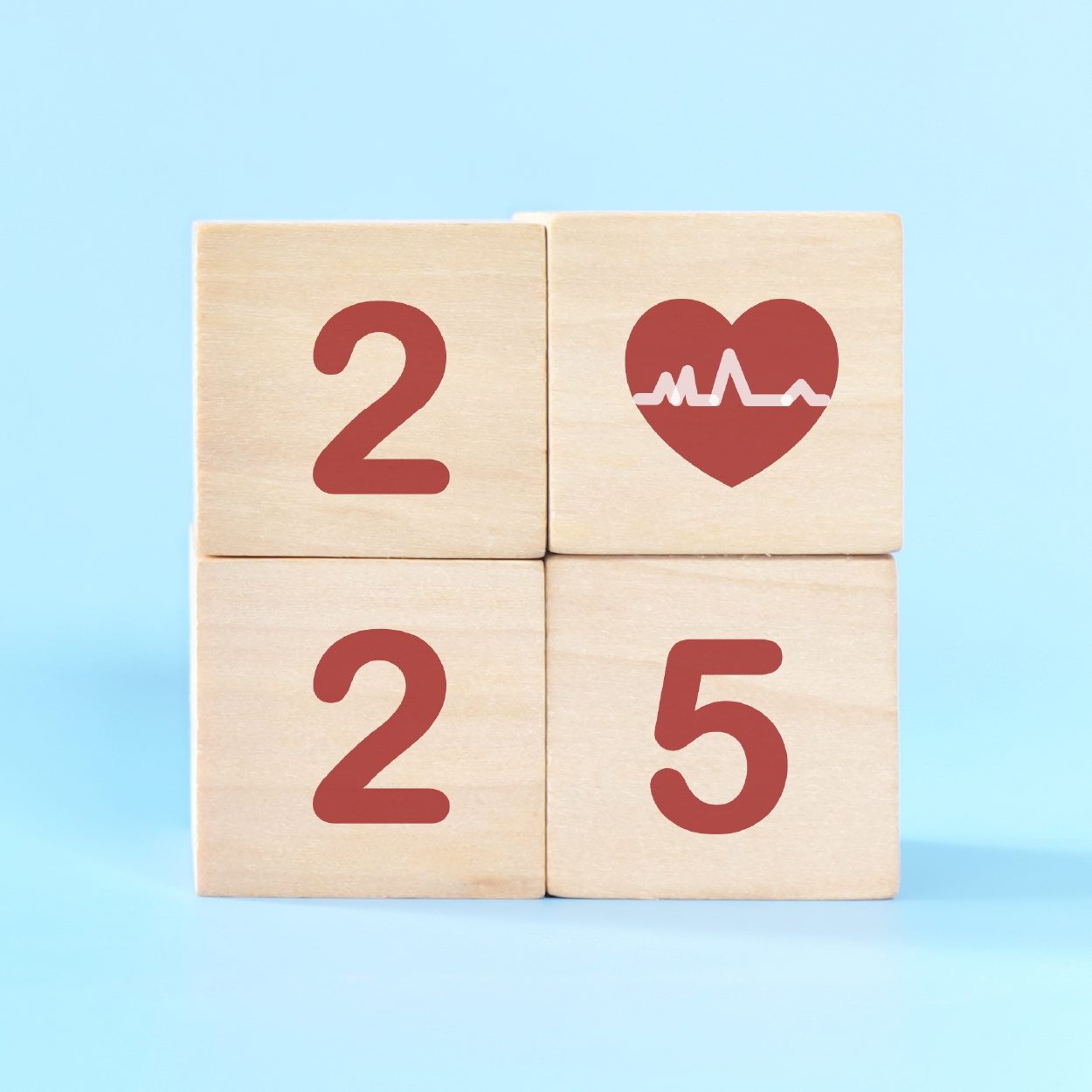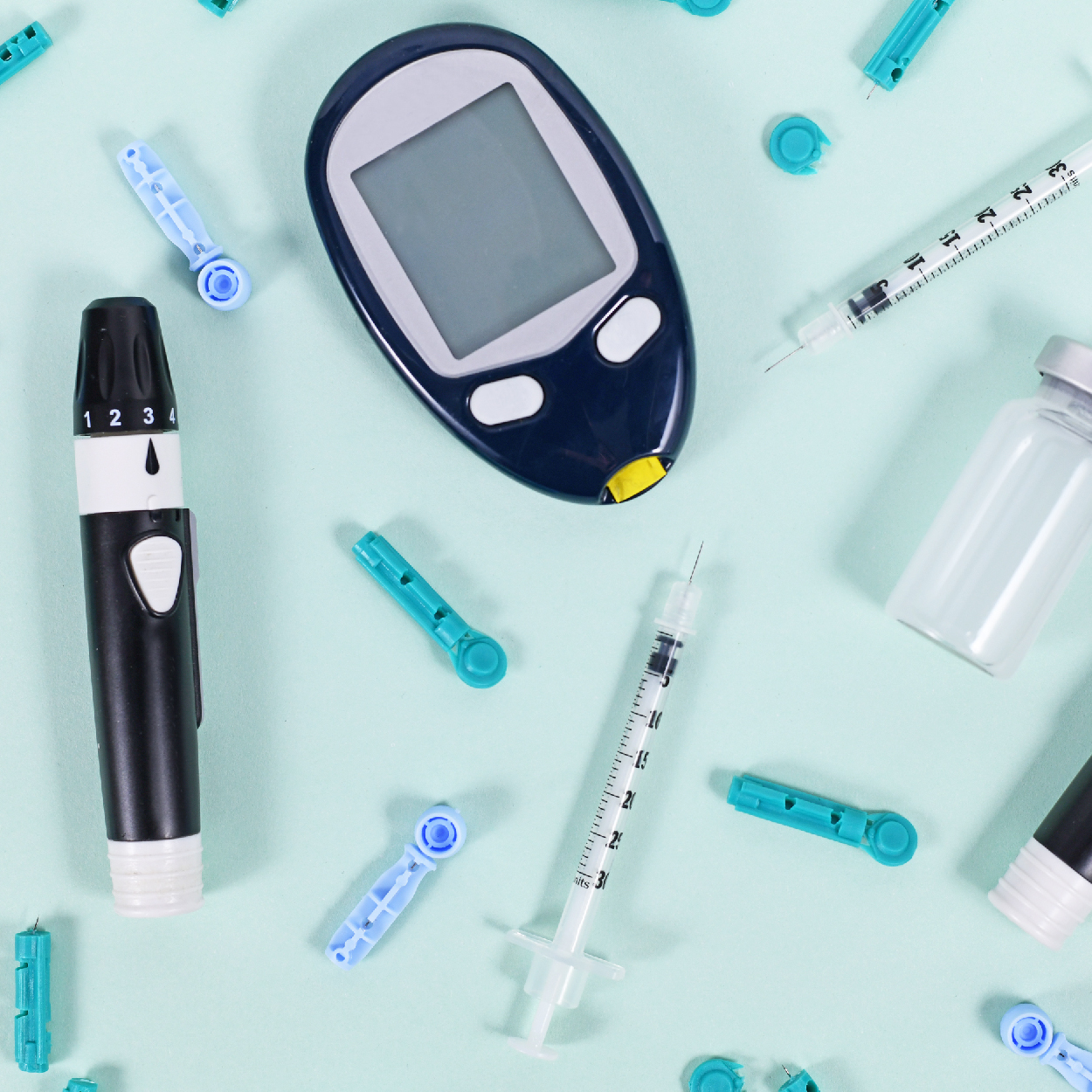Side effects associated with semaglutide, including nausea or gastrointestinal issues, can make you less inclined to eat and can compromise your nutrition.
Semaglutide is effective for weight loss because it suppresses your appetite; however, gastrointestinal side effects such as nausea and vomiting — as well as altered food taste — have been reported. Certainly, the potential for side effects exists for any medication, but the side effects associated with semaglutide are particularly important because they can compromise your nutrition.
When calories are being restricted and you may feel less inclined to eat because of nausea or gastrointestinal issues, it is important to consume nutrient rich foods. The quality of calories consumed matters because you want to make sure that your body is receiving daily requirements for prebiotic fiber, vitamins, minerals, healthy carbohydrates, and protein to offset the gastrointestinal side effects of anti-obesity medications.
How do Nutrient Rich Foods help support your Health?
Protein and other nutrient rich foods — vegetables, fruit, whole grains, and healthy fats — fuel your body and support a healthy weight, your immune system, bone health, cardiovascular health, and cognitive function.
Healthy weight: Nutrient rich foods include fewer “empty calories” — calories found in sugar or simple carbohydrates that have been stripped of all their nutritional value (e.g., cookies, white bread, and pasta). Nutrient rich foods are less processed and contain high-quality calories that fuel your body.
Fuel: Healthy carbohydrates, fats and proteins provide the energy your body needs to get you through the day and perform daily activities ranging from getting yourself to the office each day to exercising. Examples of foods that can fuel you include quinoa, lentils, sweet potatoes, vegetables, whole grains, and brown rice.
Immune health: Vitamins and minerals like vitamin C, D, and zinc are important to support our immune systems so that when we do catch a cold or get sick, the recovery time is quicker. Examples of foods that help support immune health include red bell peppers, broccoli, beans, and whole grains.
Bone health: Proper nutrition can ensure you are getting enough calcium and vitamins D and K, which are important for building and maintaining strong bones. Strong bones can mitigate the risks of a break or arthritis down the road. Examples of foods include spinach, kale and dairy.
Cardiovascular health: Nutrient rich foods such as whole grains, lean protein, and fruits and vegetables can lower cholesterol and mitigate the risk of high blood pressure.
Cognitive function: Removing empty calories from your diet can improve how your brain works. Omega-3 fatty acids, vitamin B, and antioxidants, found in foods such as fish, poultry, vegetables, beans, whole grains, nuts, and seeds can improve concentration and memory.
Protein: Consuming enough protein is important. Protein promotes satiety or feeling full, and it helps preserve lean mass (e.g., muscle). Having more lean mass increases your metabolic rate, which translates into more calories being burned — even when you are not physically active! To meet the daily recommendation for protein — 50 grams of protein per day on a 2,000-calorie diet — it should be consumed throughout the day rather than at one meal.
While taking anti-obesity medication, it is critical to pay attention to nutrition to support your overall health and well-being. Nutritious foods fuel your body and your mind and ensure that your body is functioning optimally.
About the Author: Dr. Dawn M. Sweet has over 20 years of experience in the field of communication. Sweet has given several invited talks to and workshops for academic and private sector audiences on the role of nonverbal and verbal communication in achieving positive outcomes and mitigating bias. Her research has been published in several top ranked peer-review journals, and it has been featured on NPR’s River to River / All Things Considered, Buzzfeed, and Science Daily. Her research has also been used to inform expert testimony.





